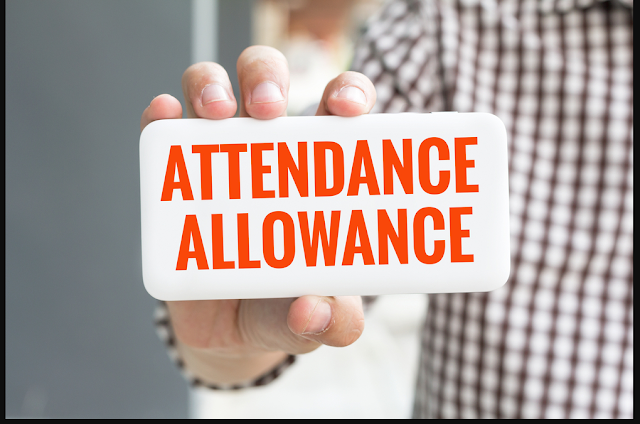How to Defer Your 2021 Tax Payments
While filing a return is often difficult enough for a business owner, having the ability to pay those taxes is often a completely new problem to tackle. If you’re in a financial situation where you’re unable to pay your bill fully, There are steps you'll fancy defer or otherwise adjust your tax obligations.
Payment plans
A payment plan, or an installment agreement, is an appointment with the IRS to pay the outstanding taxes fully on a determined schedule.
The payment plan is applicable for both businesses and individuals. If you file as a sole proprietor or independent contractor, you'll apply for a payment plan as a private.
Monthly installment agreement
If you’ll need quite four months to settle your bill, you'll be ready to enter into a monthly payment plan with the IRS. A setup fee is going to be charged, but low-income taxpayers may qualify for an exemption.
If this strategy is one you’d wish to pursue, you'll get to determine and propose a monthly payment amount, taking under consideration your expected income, liabilities, and assets. An experienced tax resolution specialist is going to be ready to assist you to negotiate rock bottom possible repayment arrangement acceptable to the IRS. counting on your situation, they'll be ready to assist you to enter into a Partial Payment Installment Agreement (PPIA), where you'll settle your bill for a lower amount.
The temporary delay in collection
If thanks to your current financial situation, making a tax payment would cause a financial hardship that might prevent you from meeting your basic living expenses, the IRS can suspend collection on your account until your financial situation improves. This doesn't remove your tax obligations, and penalties and interest will still accumulate.
This relief strategy would require some more steps. You’ll get to collect an inventory of your assets like bank accounts, vehicles, and equipment, also as your business income and expenses.
If your request is approved, the IRS should file a lien against your property so as to preserve a legal claim, but they're going to suspend collection actions like issuing a levy to truly take your assets.
Offer in Compromise (OIC)
In certain cases, you'll be ready to negotiate with the IRS to scale back your bill. this is often a fluid process, where the IRS will consider a spread of things, like your assets and income, your debts and expenses, and your general ability to pay. If an agreement is reached, you’ll enter into a suggestion in Compromise (OIC), where you’ll settle your bill for a smaller amount.
To be eligible for an OIC, you’ll get to have filed all required tax returns, made all required income tax payments for the present year, and made any required federal tax deposits for the present quarter if you've got employees. The IRS has a web tool to verify your eligibility.
The application will involve completing Form 656-B. there's a $205 application fee, but low-income taxpayers may qualify for an exemption. You’ll also get to make an initial payment on your outstanding liabilities .
If you’re considering this settlement method, we strongly recommend enlisting the assistance of a professional tax resolution specialist that's licensed to represent you with the IRS, because the process is usually complex, and an experienced professional can assist you to reach a satisfactory resolution. The negotiation usually takes longer than fixing an installment agreement.
If you enter into an OIC with the IRS, you’ll either pay off your taxes in several payment payments over five months, or make monthly payments over 24 months.
If your offer is rejected, you've got proper to appeal the rejection within 30 days of the rejection letter.
Why should I file my income tax return on time?
No matter which option you would possibly find yourself using, you ought to still make it a priority to urge your income tax return filed on time. By filing your taxes on time, you’ll avoid the “failure to file” penalty, which starts at 5% of your unpaid tax. Once your taxes are filed, you’ll have a touch more breathing space to map out your bookkeeping and finances.
Note that interest and monthly late payment penalties accumulate until your balance is fully paid, which is why the IRS recommends that you simply pay the maximum amount.
What if I even have years of unfiled tax returns as well?
The IRS won’t allow you to get very far with the tax deferral process if you've got unfiled tax returns.
Many businesses who are during this situation can feel overwhelmed because they don’t have the proper financial documents they have within the first place so as to file. Oftentimes, the answer is to start out with historical bookkeeping so as to catch abreast of your books.
If you’re curious about getting some help with this, Cheap Accountants in London features a team of bookkeeping and tax experts who will assist you through the whole process, also connect you with a reputable tax resolution specialist once your business is prepared to take a seat down with the IRS. Get help.
Can I just do that myself?
Yes, the IRS has online systems and processes, so it’s possible to use them on your own in some situations. However, most businesses will enjoy the guidance of a tax professional, especially those with quite one year of unfiled taxes, or those with a big bill. Every situation is exclusive, and having an experienced specialist on your side will assist you to find yourself with the simplest possible outcome.



Comments
Post a Comment